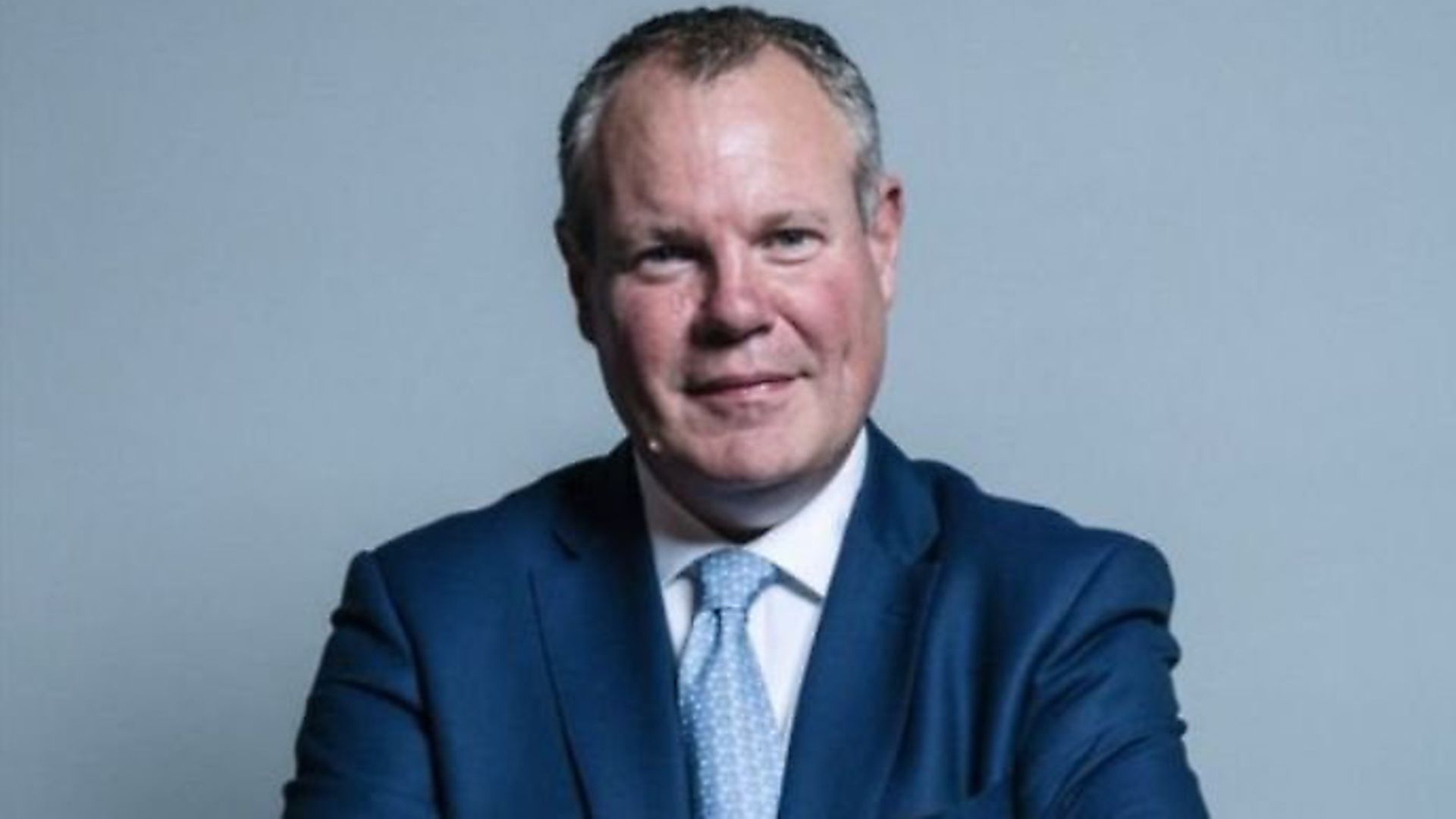
Rather than criticise Conor Burns for abusing his position while a minister, Boris Johnson sent him a note of thanks.
If the country had hoped that Bournemouth West Conservative Association might be up for stopping the rot in public life, it appears it is going to be disappointed. Conor Burns, the constituency’s MP and until recently the minister of state for international trade, was censured by the Commons Standards Committee earlier this month for ‘making veiled threats to use parliamentary privilege to further his family’s interests’.
Bournemouth Labour Party, whose candidate David Stokes finished a distant second behind Burns in the December election, called on his former opponent to step down. He said Burns’ attempts to intimidate a member of the public, who was involved in a business dispute with the MP’s father, amounted to ‘a breach of trust with the electorate’.
Even local Tories such as Nancy Curtis, were dismayed. She wrote to the Bournemouth Echo to say that she, too, believed Burns’ ‘repugnant’ behaviour meant he had to go. She also said she couldn’t understand why Boris Johnson considered it appropriate to give him a government job when he had been ‘under investigation’ for abusing his position since July.
For all that, Drew Mellor, the chairman of the local association, is standing by his man. ‘After careful consideration of the matter and in the light of the apology made by Conor Burns, no further action will be taken,’ he tells me.
So far from receiving a word of criticism from No.10, Burns received a note of thanks from Johnson – an old friend and fellow Brextremist – for his service to the party.
Last week No.10 proved unwilling, too, to criticise Nadine Dorries, the health minister, who was caught spreading ‘fake news’ about Sir Keir Starmer. She tweeted a video from a far-right social media account suggesting the Labour leader had been reluctant to prosecute grooming gangs when he was director of public prosecutions. Dorries deleted the tweet when it was shown that it had been doctored.
BOSSY BOOTS
Boots last week had to withdraw advertisements asking for unpaid volunteers to spend 32 hours a week carrying out coronavirus tests at centres across the country after protests from the unions. The high street chemist had wanted to recruit hundreds of people on behalf of ministers striving to hit a target of 200,000 Covid-19 tests a day.
When he was Labour leader, Ed Miliband had accused Stefano Pessina, Boots’ billionaire boss, of being in an ‘unholy alliance’ with the Tories. As well as living in a tax haven, Pessina, an Italian, moved the high street chemist’s formal tax residence from Britain to low-tax Switzerland when he took it over in 2007.
Boris Johnson, at the time defended Pessina, saying he had a ‘duty’ to the company’s shareholders to find ways of paying the lowest amount of tax possible.
AUSTERITY BITES
Although Boris Johnson is still said to be tapping away on his book Shakespeare: The Riddle of Genius between national and personal crises, his freelance income stream necessarily had to run pretty much dry when he moved into No.10.
Still, in April, he did manage to make almost £10,000 on the side and without so much as lifting a finger. He has just declared a payment of £7,013 from Hodder & Stoughton ‘for royalties on a book already written’ and a further £2,279 from Rupert Murdoch’s HarperCollins, also for work already undertaken.
With innumerable children to support, Johnson’s outgoings are believed to be high and friends say that he is currently feeling the pinch. If he called the £270,000 he got each year from the Telegraph ‘chicken feed,’ one can only imagine how despondent he must feel about the £150,402 he receives as prime minister.
DAY OF RECKONING
‘Whatever television touches, it magnifies, it inflates, it projects and it spreads. Such power should be put on the side of civilised order and civilised behaviour. Television, in other words, should be biased in favour of reason.’ My picture shows Fiona Bruce, the current chair of Question Time, who may well care to ponder those words of her late predecessor Sir Robin Day.
Last week the programme that helped to make Nigel Farage a force in national politics featured Luke Johnson, the controversial businessman, who alleged that the government has been running ‘a campaign of fear’ during the coronavirus crisis. The BBC obligingly helped to disseminate his views on Twitter, too.
Warning: Illegal string offset 'link_id' in /mnt/storage/stage/www/wp-includes/bookmark.php on line 357
Notice: Trying to get property 'link_id' of non-object in /mnt/storage/stage/www/wp-includes/bookmark.php on line 37







